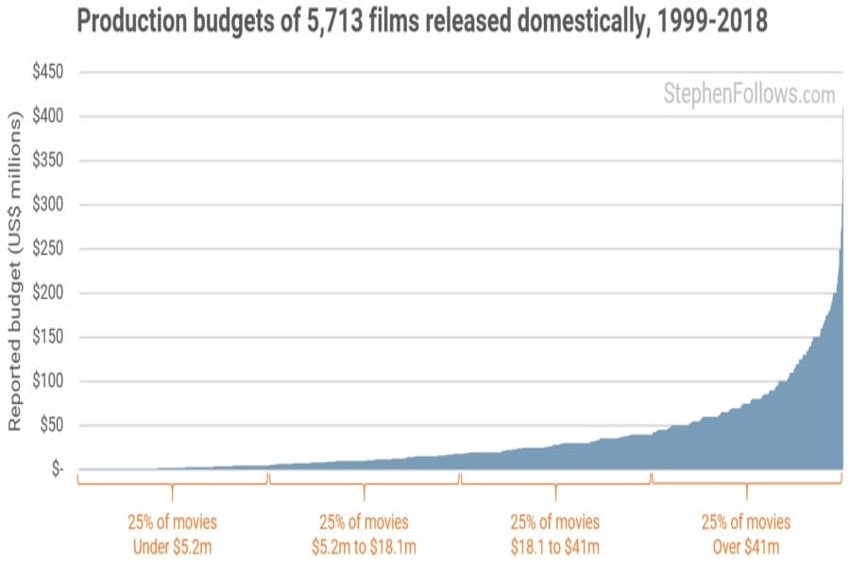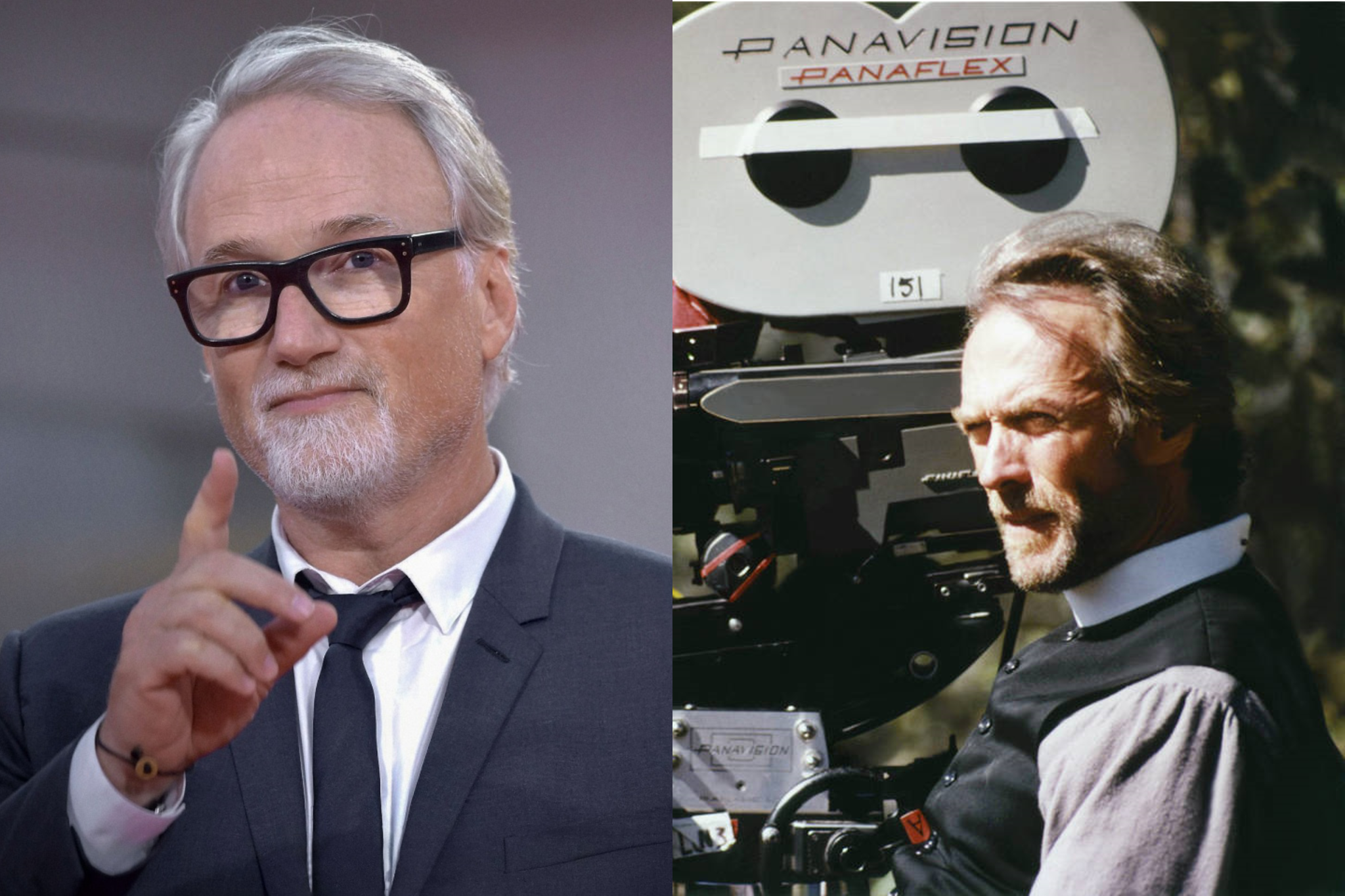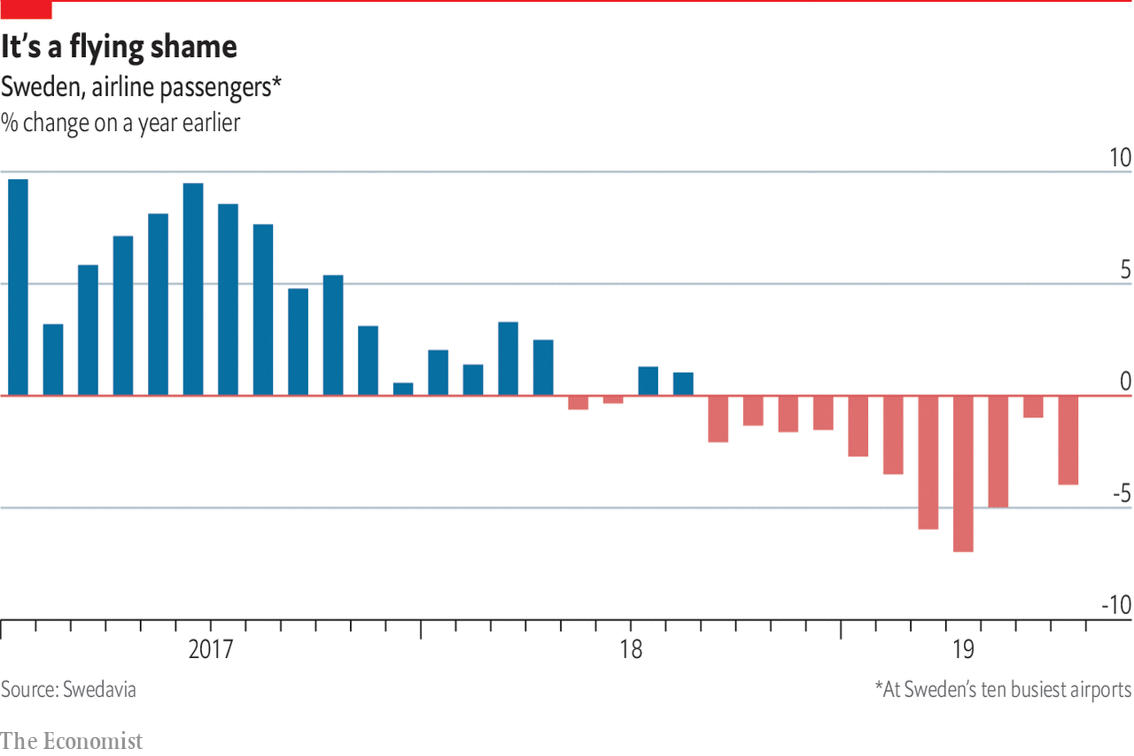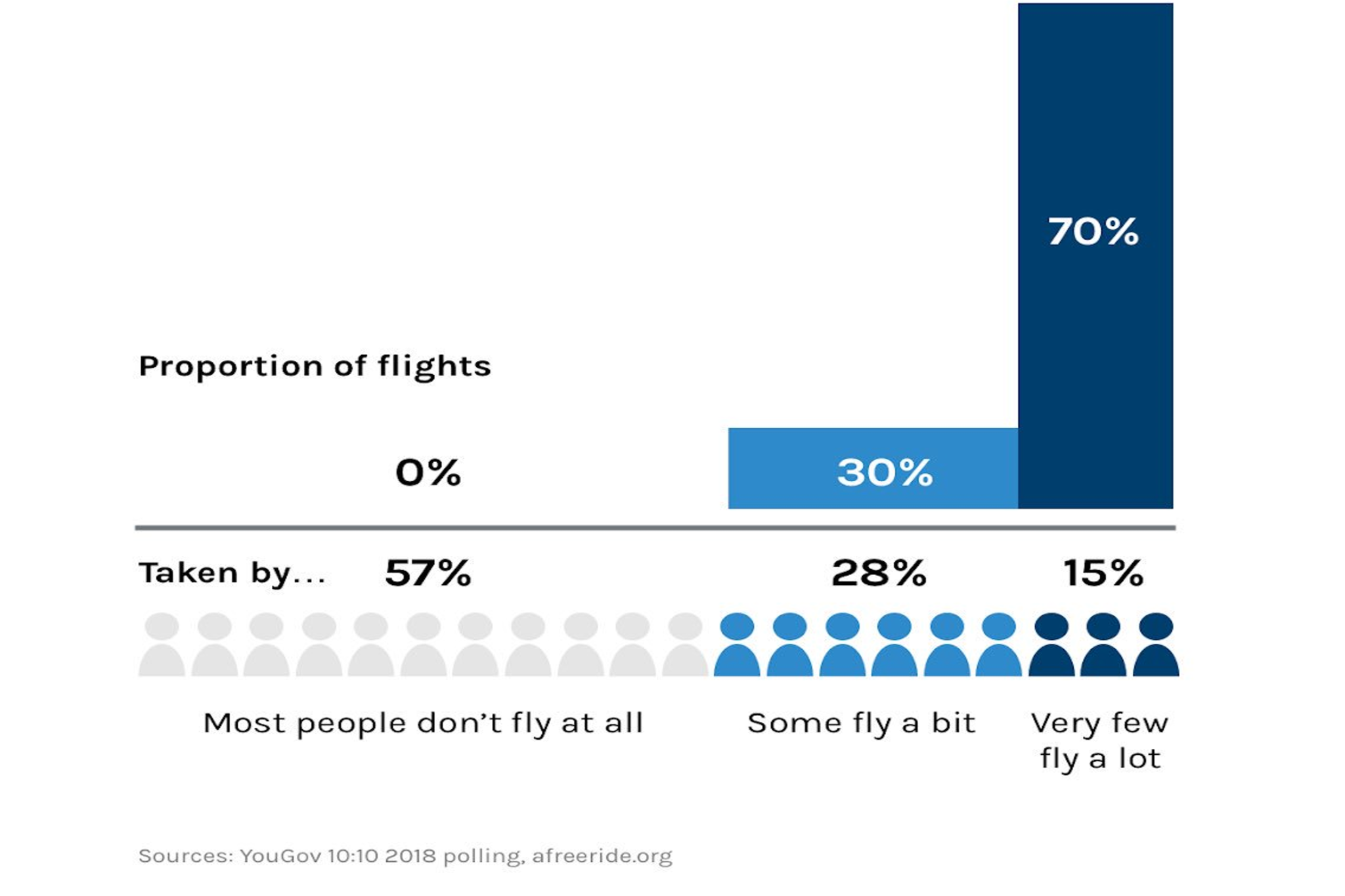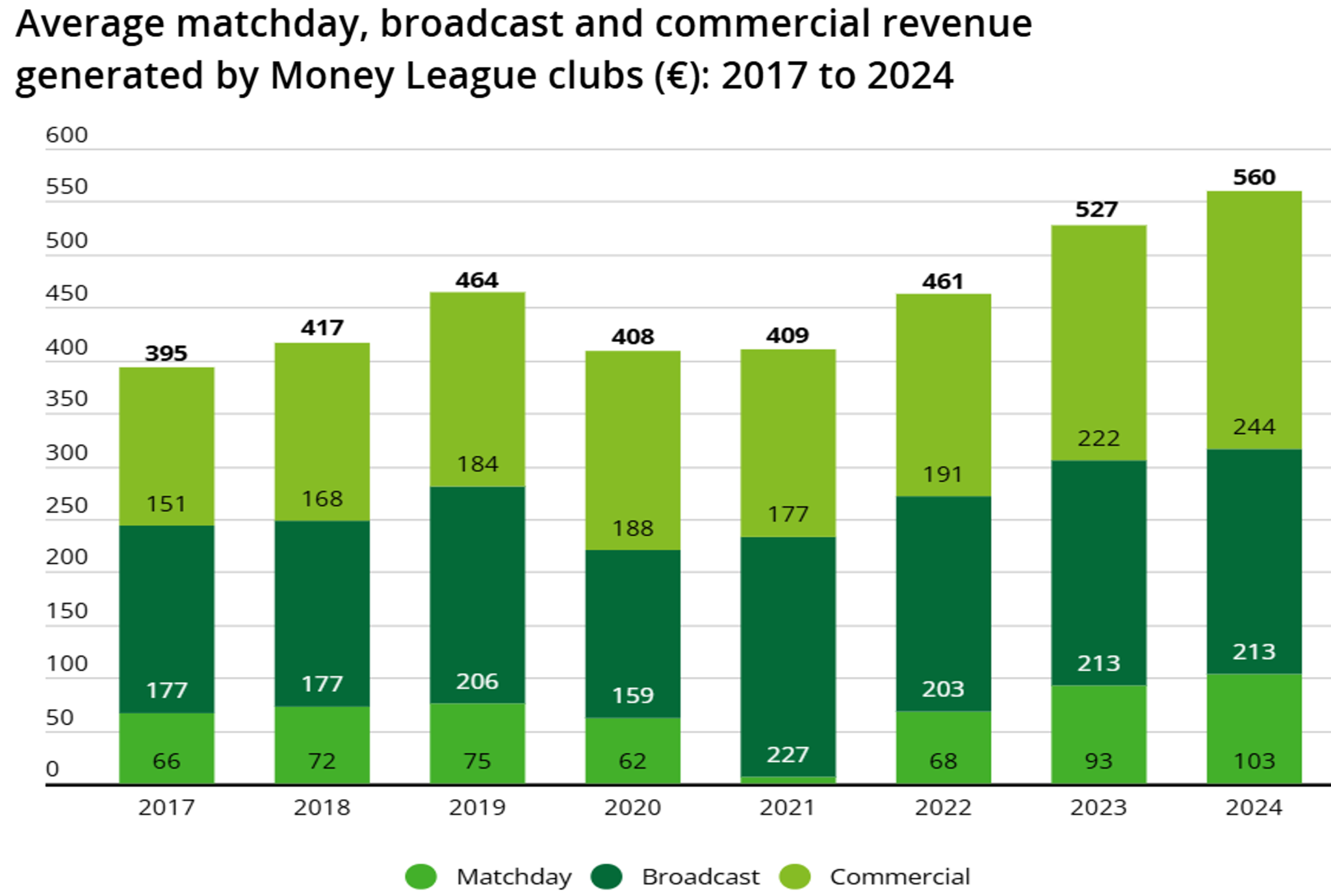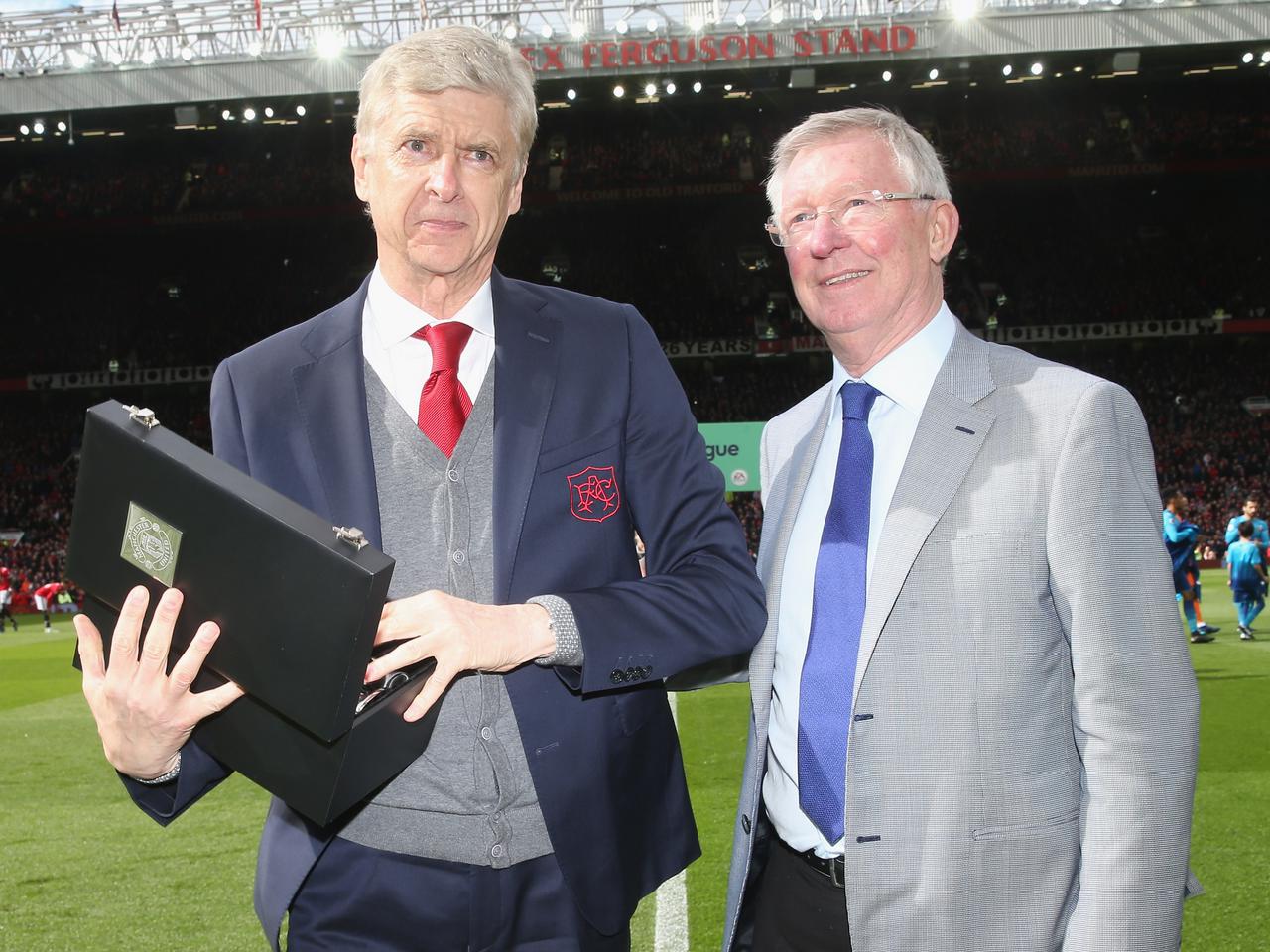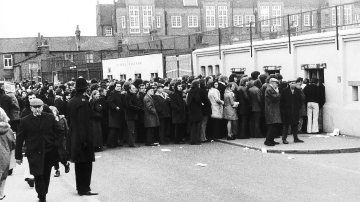Ferrari is worth $90 billion, making it the most valuable car company in Europe, precisely because it makes the product hard to buy. When Ferrari revealed its new $3.7 million “hypercar” in 2024, it announced it wouldn’t be available for sale. Instead, it promised the car to a select group of 800 dedicated customers who already owned a Ferrari (note: the company only sells 14,000 per year).
isev-admin
Fiat recently made the bold decision to stop selling grey cars. CEO Olivier Francois said this was “reinforcing Fiat’s leadership as the brand of joy, colours and optimism.” The strategy doesn’t come without its risks, with grey being the most popular colour for new cars in many of Fiat’s most important markets. But a strengthened commitment to the brand’s vibrant Italian roots will help it to resonate with customers looking for a more exciting choice of car.
In the U.S Air Force during WWII, less than 1% of fighter pilots were responsible for 40% of the planes shot down
Between 1999 and 2018, half of all movies released in US cinemas cost under $18 million to make. At the other end of the scale, a rare few cost over $350 million, such as Pirates of the Caribbean: On Stranger Tides and Avengers: Endgame. So the answer to the question – how much does a film cost to make? – is that it depends.
The director David Fincher shoots upwards of 70 takes for certain scenes, insisting that actors require to loosen up and get into character. Meanwhile Clint Eastwood tries to use only one take per scene if possible, trusting his cast and his crew to provide what they’ve been hired to provide. Neither technique is objectively better or worse – they just suit different needs. After all, both directors are celebrated Oscar winners.
Steven Spielberg has made a blockbuster in almost every single genre: science fiction, war, historical drama, fantasy, horror. Meanwhile, Alfred Hitchcock, the master of suspense, became Britain’s most celebrated director by sticking to one.
First Direct effectively told people: you can’t visit us in store, because we don’t have branches, but instead we’ll give you brilliant customer service over the phone. The company’s two million customers now get to enjoy an average 39 second telephone wait time versus eight minutes for the wider industry.
In 2018, Swedes coined a new term, Flygskam, or “flight shame”, to describe the embarrassment that travellers feel about their environmental impact. This phenomenon has helped to decrease passenger numbers by 8%, while train travel has boomed.
15% of people take 70% of all flights, and over half don’t fly at all.
The answer to health eating lies in defaults. An Oxford University study shows that simply putting healthy meals at the top of delivery app menus results in people ordering 200 fewer calories per meal. On the other hand, real world data shows that calorie labels on restaurant menus have virtually zero impact on behaviour.
In a six-week cafeteria experiment, sales increased with a single evocative addition to the menu; ‘Succulent Italian Seafood Filet’ had 27% higher sales than ‘Seafood Filet’.
The UK wastes over 7 million tonnes of food annually, and a significant portion of that is food thrown away because it’s past the use by date. So the charity WRAP, in partnership with Ogilvy, introduced ‘days on date labels’ – a brain friendly labelling system that displays both the day and the date on the use by label. Although only in pilot stage, the concept has been rated well by consumers and shows promise for the future.
Football clubs are morphing into media companies: they now make more from sponsorship and naming rights than matchday tickets.
Until the mid 2000s the Premier League was dominated by two managers – Arsène Wenger and Sir Alex Ferguson – who collectively won 11 of 12 titles. But their managing styles couldn’t have been more different. Wenger would stay silent for the majority of the half time break, believing that players needed to calm down before they could think and communicate clearly. Meanwhile Ferguson was synonymous with the ‘hairdryer treatment’ – screaming at players, and in one instance kicking a boot at David Beckham’s head.
In 1974, the three-day week in Britain meant that Saturday became a full working day – limiting attendance at football grounds. Evening matches were a no-go, given clubs were banned from using floodlights. So the only solution was to play matches on Sunday. The idea was initially unpopular – Brian Clough said “if Sunday football comes in, I walk out” – but it 50 years later it is now a permanent fixture of English football.




